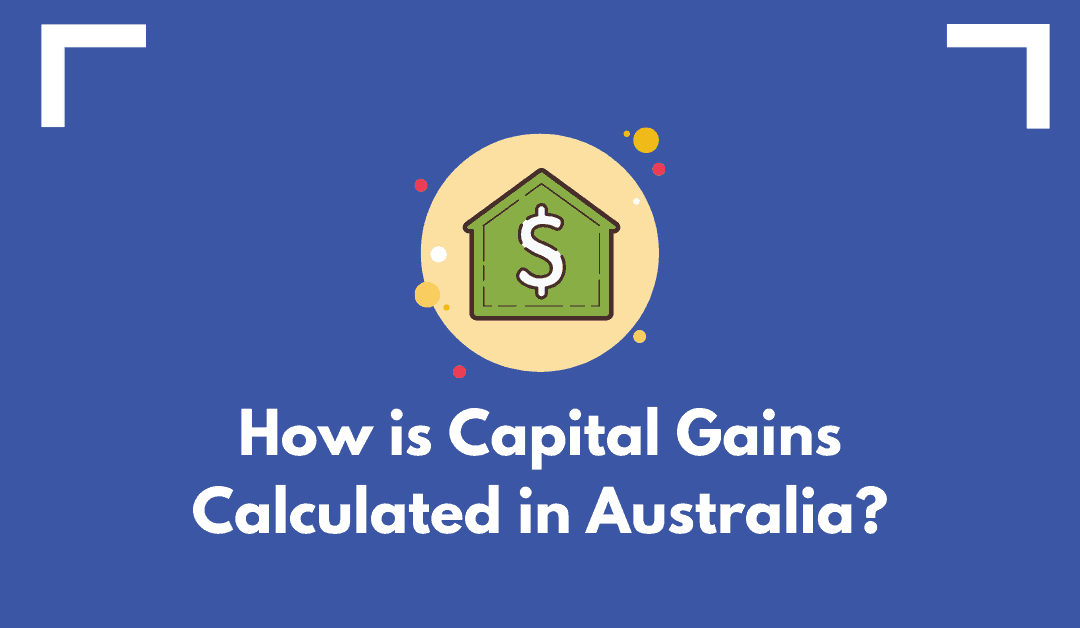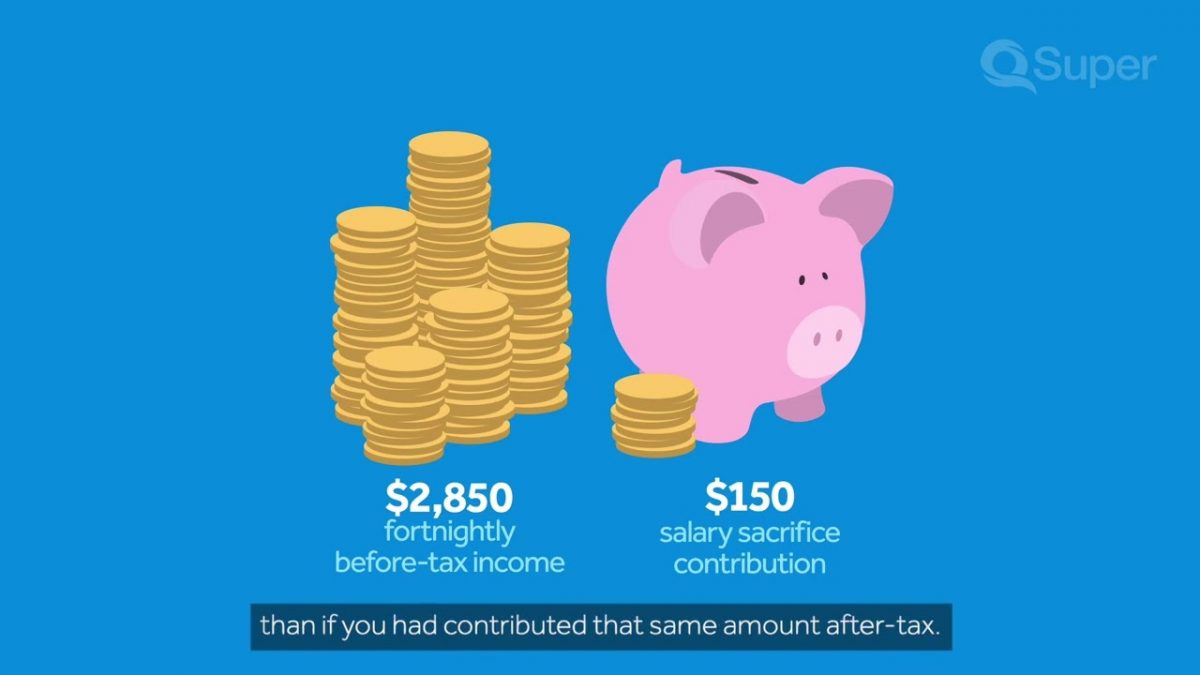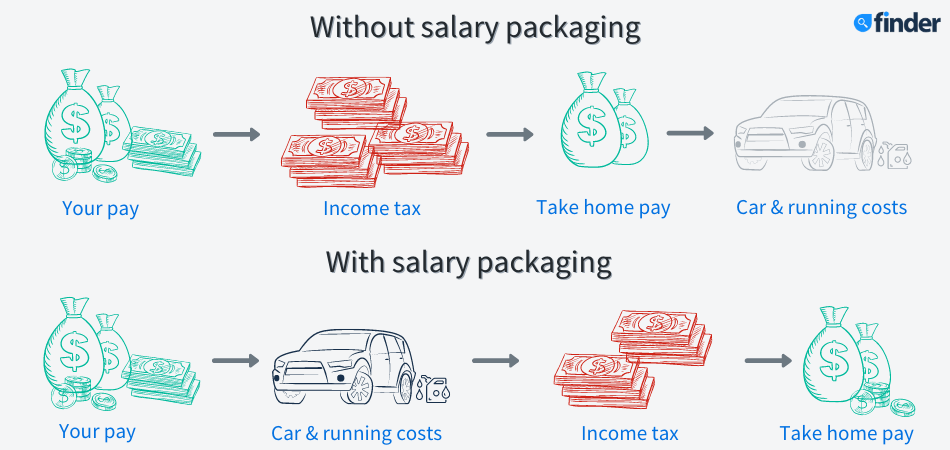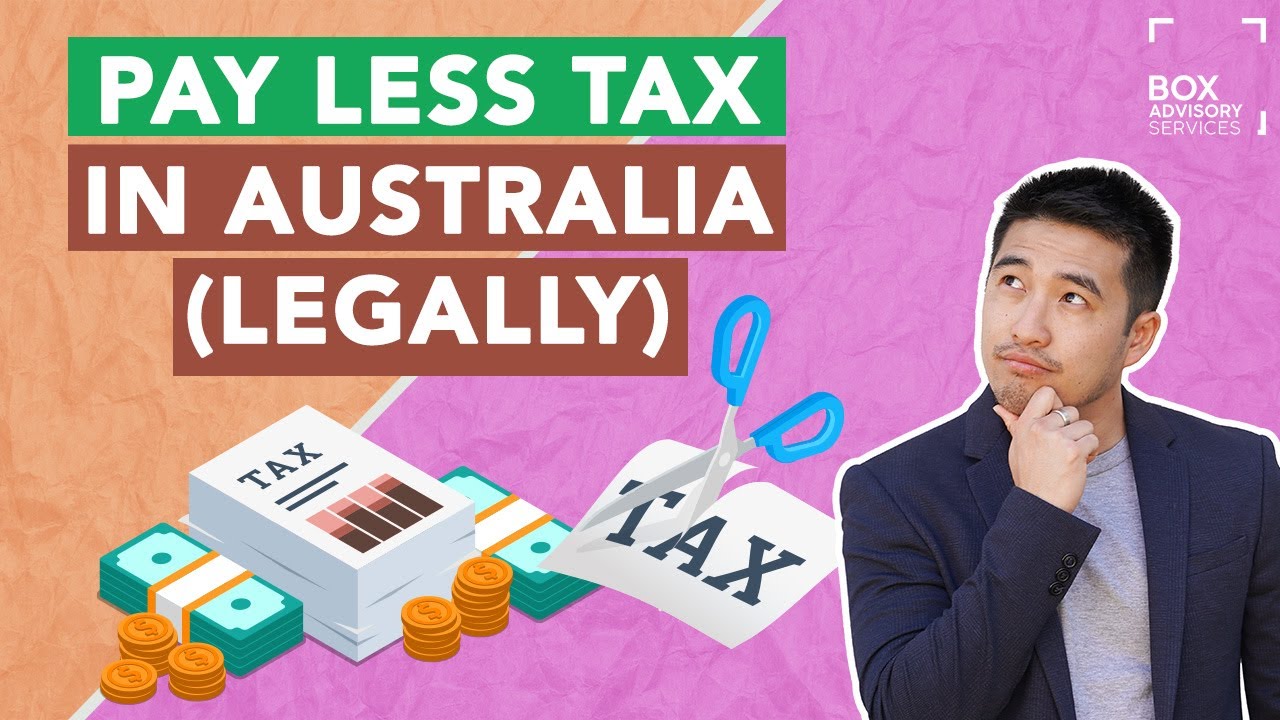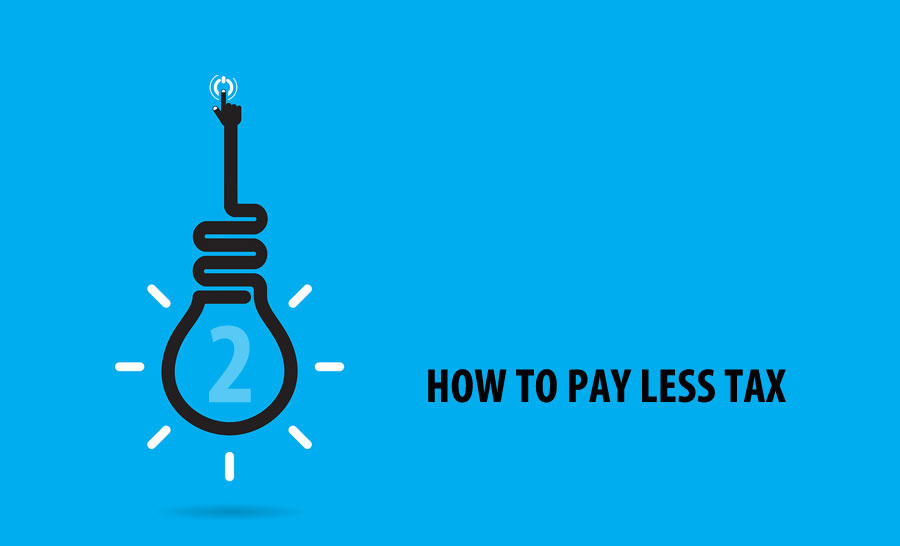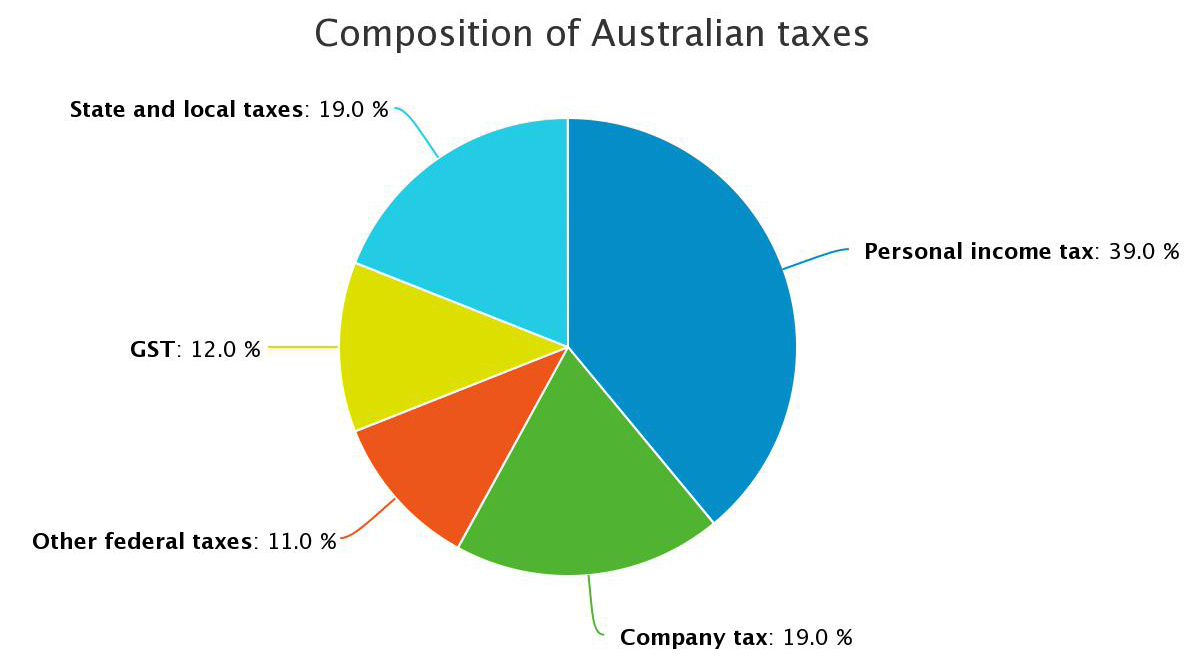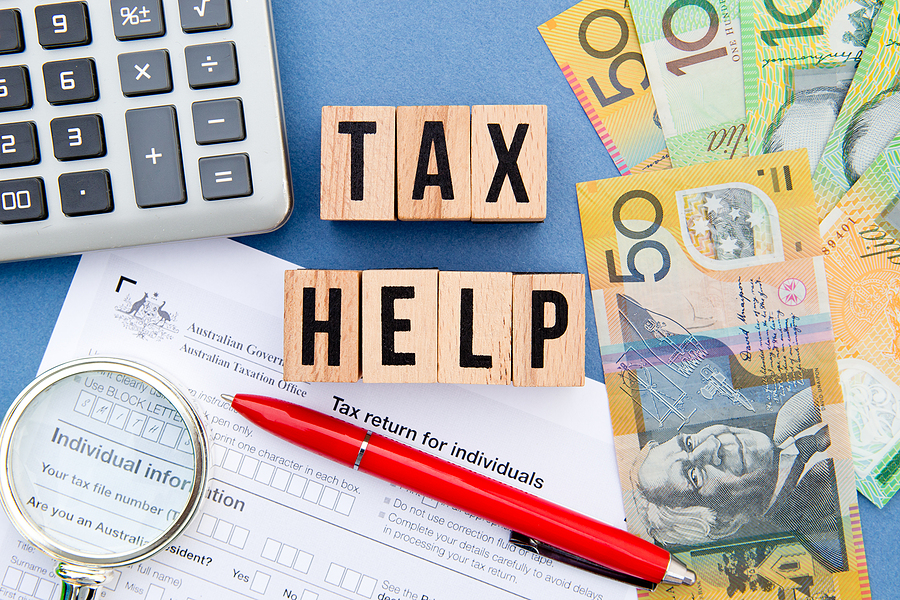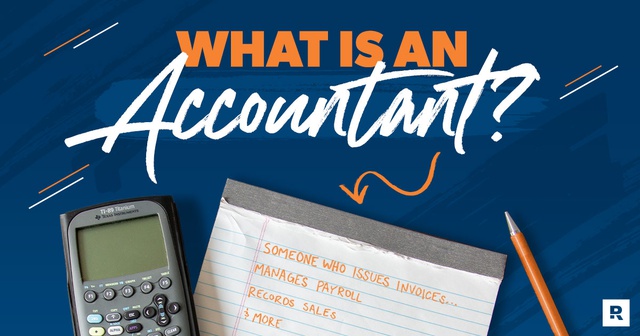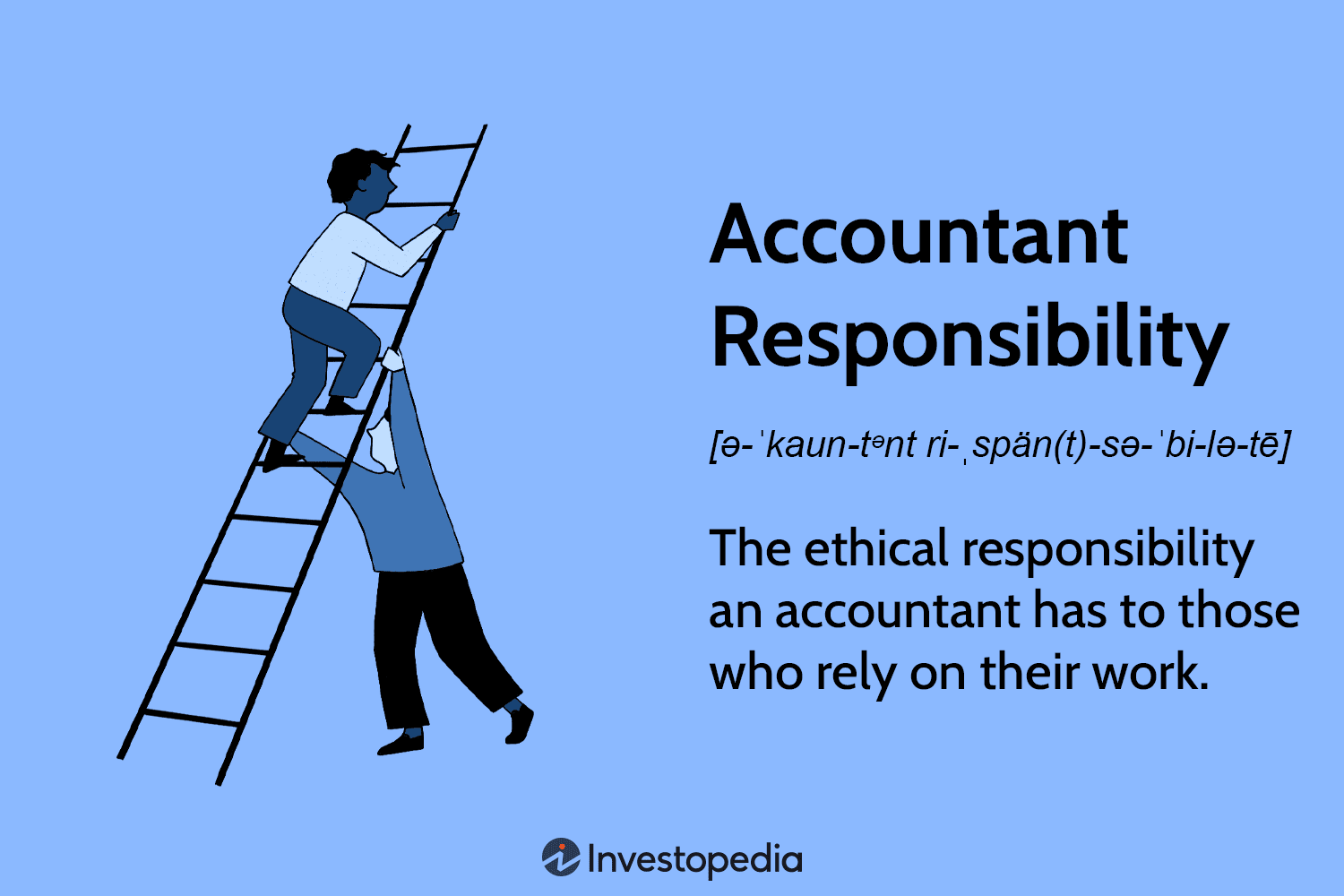How Much Tax Do I Pay on Rental Income in Australia?
Rental Income and Taxation in Australia
Understanding Rental Income
Rental income is a significant source of revenue for many Australians. If you own a property that you rent out, you are considered an investor, and you must understand how rental income is taxed. This article will delve into the intricacies of rental income taxation in Australia, helping you navigate the complex landscape of tax rules and regulations. How much tax do I pay on rental income Australia?
The Basics of Rental Income Taxation
In Australia, rental income is subject to taxation, and the amount of tax you pay depends on several factors. Here are some key aspects to consider:
1. Rental Income Inclusions
Rental income includes not only the rent you receive but also other payments and benefits you get from your tenants. This can include fees for services, repairs, or any goods or services provided as part of the rental agreement.
2. Deductions and Expenses
To calculate your taxable rental income, you can deduct certain expenses related to your property, such as maintenance costs, property management fees, insurance, and interest on loans. These deductions reduce your taxable income and can result in a lower tax liability.
3. Negative Gearing
Many property investors in Australia use a strategy known as negative gearing. This involves having rental expenses that exceed rental income. The losses from negative gearing can be used to offset other income, potentially reducing your overall tax liability.
4. Capital Gains Tax
In addition to the rental income, you may also be subject to Capital Gains Tax (CGT) when you sell your investment property. The amount of CGT you pay depends on various factors, including how long you’ve owned the property and whether you qualify for any exemptions or concessions.

How much tax do I pay on rental income Australia?
Tax Rates for Rental Income
Tax rates for rental income in Australia are progressive, meaning that the more you earn, the higher the percentage of your income that goes to taxes. As of my last knowledge update in September 2021, the following tax rates applied to rental income:
Income up to $18,200: Tax rate is 0%
Income from $18,201 to $45,000: Tax rate is 19%
Income from $45,001 to $120,000: Tax rate is 32.5%
Income from $120,001 to $180,000: Tax rate is 37%
Income over $180,001: Tax rate is 45%
It’s essential to note that these rates may change, so always check the latest tax rates with the Australian Taxation Office (ATO) to ensure you are up to date with the most current information.
Claiming Deductions on Rental Income
One of the key benefits for property investors in Australia is the ability to claim deductions, which can significantly reduce your taxable rental income. Here are some common deductions you may be eligible for:
1. Interest on Loans
Interest payments on loans used to purchase the investment property are typically tax-deductible. This is often one of the most significant deductions for property investors.
2. Property Maintenance
Expenses related to the maintenance and repair of your property can also be claimed as deductions. This includes costs for plumbing, electrical work, and general upkeep.
3. Property Management Fees
Fees paid to property management companies for their services can be claimed as deductions. These fees cover tasks such as tenant selection, rent collection, and property maintenance.
4. Council Rates and Taxes
Local council rates and land taxes are generally tax-deductible. Be sure to keep records of these payments to substantiate your claims.
5. Depreciation
You can claim depreciation on the building and any fixtures and fittings as a tax deduction. A quantity surveyor can help determine the depreciation schedule for your property.
Negative Gearing and Its Tax Benefits
Negative gearing can be a powerful tax strategy for property investors. If your rental expenses exceed your rental income, resulting in a loss, you can use this loss to reduce your overall taxable income. This loss can offset income from other sources, such as your salary, potentially resulting in a lower tax bill. However, it’s crucial to keep in mind that negative gearing is not suitable for everyone, and you should consider your financial situation and goals before adopting this strategy.

Capital Gains Tax (CGT) on Investment Properties
When you decide to sell your investment property, you may be liable for Capital Gains Tax (CGT). However, there are some exemptions and concessions available:
The 50% CGT discount: If you’ve held the property for at least 12 months, you can reduce the capital gain you include in your taxable income by 50%.
Main residence exemption: If you used the property as your main residence for part of the time you owned it, you might be eligible for a partial CGT exemption.
Keep in mind that the rules surrounding CGT can be complex, and it’s advisable to seek advice from a tax professional to ensure you minimize your CGT liability.
Record-Keeping and Compliance
To ensure you meet your tax obligations, it’s essential to maintain accurate records of your rental income and expenses. The ATO may request documentation to substantiate your claims, so organized record-keeping is critical. Failure to comply with tax regulations can result in penalties and fines.
Consulting a Tax Professional
Navigating the tax regulations related to rental income can be challenging, and the rules can change over time. Therefore, it’s wise to seek advice from a qualified tax professional or accountant who specializes in property investment. They can help you make the most of available deductions and ensure that you remain in compliance with tax laws.
In conclusion, understanding the taxation of rental income in Australia is crucial for property investors. By knowing the basics of what’s taxable, what deductions you can claim, and how to navigate strategies like negative gearing and CGT, you can effectively manage your tax liability. Keep in mind that tax laws can change, so it’s essential to stay informed and consult with professionals to optimize your tax position and financial outcomes. For taxing on investment properties see here.



